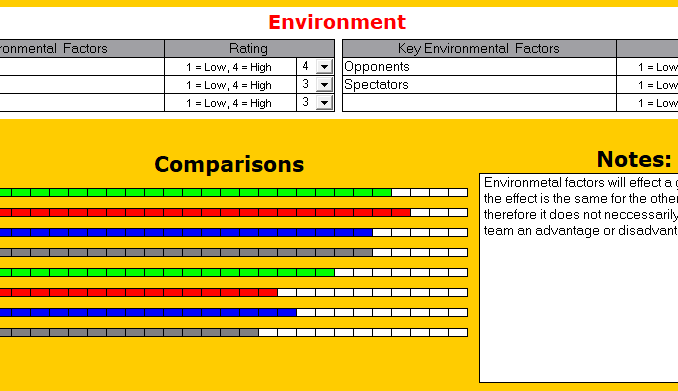
Being an outdoor sport, softball rely’s on many softball environmental factors. Our practice and tournament planning usually begins with a weather check and crossing our fingers if we see clouds accumulating in the vicinity of the field. Creating the phone tree for rain outs and packing extra water for the heat are part of our duties as coaches.
The following factors are important in our planning and backup plans:
- cold / snow (yes snow)
- heat
- rain
By looking ahead at the weather and planning accordingly, you lessen the chance of missing a practice or getting caught in the rain for a tournament.
Planning for Softball Environmental Factors
Cold Weather
Ask a player how their hands feel after hitting a ball when it is cold and you will know one of the ways that it effects skill execution. I have many times seen players standing huddled together trying to stay warm at a practice. If you are going to spend time on the field when it is cold make sure you keep the activities going quickly so that they are moving most of the time. Not necessarily running for the entire ninety minutes but try to keep the idle time to a minimum.
Plan activities that require movement such as baserunning and some quick drills for fielding where the players need to run to the next station in a quick moving circuit. Make sure they bring extra sweaters or a jacket they can quickly put on to warm up if they need to.
During Games
The icebreaker tournaments and early season games can be cold depending on where you live. I have even seen heating patches used for pitchers as they try to stay warm in between innings. Prepare in advance for this weather as it is one of the factors that you can predict with some certainty. Keep your team dry and warm rather than spending unnecessary time outside if you can during tournaments and before games. Your team will appreciate you for it.
Heat
We all know the basic heat stroke prevention guidelines such as water, shade, ball caps and sunscreen. By knowing ahead of time you are approaching a heat wave you can get information to your players to ensure that they are adequately prepared for playing in the heat.
During Games
The best way to prevent the effects of heat is to stay out of it. In between innings keep the players in the dugout and if you can put a tarp or something on the back of the dugout to give some shade if your are not already covered. Towels in a cooler with ice will be great for cooling down by putting the towels on the back of the neck. Keeping the body hydrated will also be important as sweating will likely occur. It is not necessary however to have sport drinks as they are not useful and contain sugar and can cause stomach aches if consumed too much. Water is all that is needed. If you would like you can put some Gatorade powder in the water to add some taste and that is all you really need.
Rain
I remember many times pushing a practice or game when the rain begins falling and trying to make that decision of when to call it or if we should finish it out. There are a few things we need to consider in this situation. The number one consideration should be safety. Throwing and fielding will be effected by a wet ball and wet grass can be slippery. The level of your team will determine how far you can go as the rain develops.
New players will need more consideration as they may not be able to grip the ball as well and hit the target when they are throwing. Their fielding is not as focused and efficient so they may have more balls bouncing up on them as they are thinking about the rain drops falling on them instead of the ball coming at them.
Experienced players have a level of confidence and focus along with their skills to allow them to execute with more ease in the rain. They may find that the grass is slippery and their hands could get cold depending on the temperature but that might be the extent of their difficulty with the rain.
Plan minimal activities if you can that do not include a ball being thrown or fielding fly balls. Baserunning and hitting activities are perfect for this kind of weather. Regardless of the skill level however it is recommended that practices in heavy rain do not occur.
During Games
We have all been in tournaments or games when it begins to rain or standing at the plate making that decision with the umpire on weather the game will begin or not. Keep the players in the dugout until you know for sure and keep the balls dry. Yes I have seen buckets of balls on the field without a lid as the rain begins falling. Have a towel in your coaching bag at all times just in case so that you are never left trying to dry the ball on your shirt if it starts raining. Remember…. safety first.
